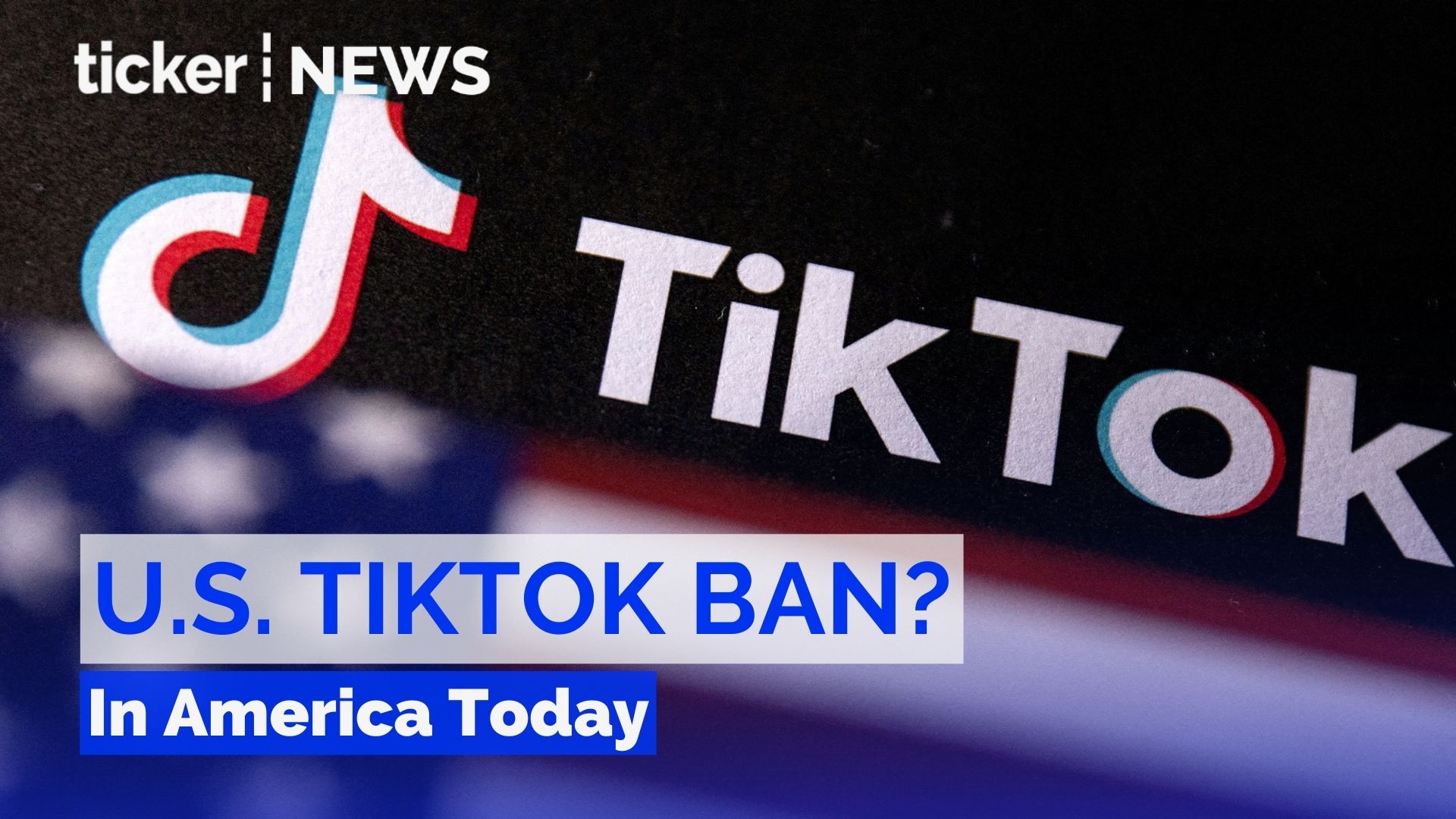Rising concerns surround the beloved pasta dish as prices surge due to drought in Canada and adverse weather conditions in Europe, damaging crops of durum wheat and disrupting supplies for flour millers and food companies.
Italy’s government convened a crisis meeting in response to the soaring prices of this staple food, which have increased more than double the national inflation rate.
Global production of durum wheat is on track for a 22-year low, leading Italy’s renowned pasta makers to explore unconventional suppliers like Turkey for their main ingredient.
In Toronto, Continental Noodles, a family-owned business, experienced a sudden 24% increase in the cost of a 20-kilogram bag of semolina flour, derived from durum wheat, over a few weeks in July.
This cost escalation, coupled with setbacks in tomato supply due to adverse conditions in Spain and India, has raised concerns for producers like Continental Noodles, which supplies pasta to outlets like Whole Foods.
Vincent Liberatore, one of the owners of Continental Noodles, expressed apprehension over potential further price hikes, unsure of how much additional cost consumers can bear.
He stressed that businesses are navigating an uncertain landscape marked by fluctuating costs.
Across the globe, retail pasta prices have risen by approximately 12% in Europe and 8% in the United States this year, according to market research firm Nielsen.
In tandem, the price of another essential staple, rice, has surged due to export restrictions in India.
The International Grains Council forecasts a notable decrease in global durum production for the 2023/24 period, resulting in the lowest production levels in 22 years and dwindling global stocks.
Canadian farmer Darold Niwa, based in Alberta, witnessed his expectations for a robust durum harvest diminish as drought conditions persisted.
His durum yield plummeted, producing only a fraction of the usual kernels per head. The adverse weather conditions have also impacted the United States, Spain, Italy, and France, causing supply challenges and fluctuations in quality.
Notably, Canada, accounting for approximately half of global durum trade, faces its second-smallest harvest in over a decade, with an expected yield of 4.3 million metric tons this year.
The spike in Euronext futures price benchmarks in early August, influenced by deteriorating supplies, compelled major importer Algeria to cancel a durum tender.
Meanwhile, Turkey emerged as an unexpected durum exporter, capitalising on a bumper harvest and substantial stocks. Turkish durum exports have temporarily influenced prices but are anticipated to escalate again when Turkey’s reserves deplete.
In response to the dire supply situation, pasta makers are exploring alternative options such as utilising more soft wheat in regions where regulations permit.
Soft wheat differs from durum, which produces the sought-after “al dente” texture in pasta.



 Docos4 days ago
Docos4 days ago


 Shows4 days ago
Shows4 days ago


 News4 days ago
News4 days ago


 Money4 days ago
Money4 days ago


 News4 days ago
News4 days ago


 News4 days ago
News4 days ago


 News3 days ago
News3 days ago


 News3 days ago
News3 days ago








